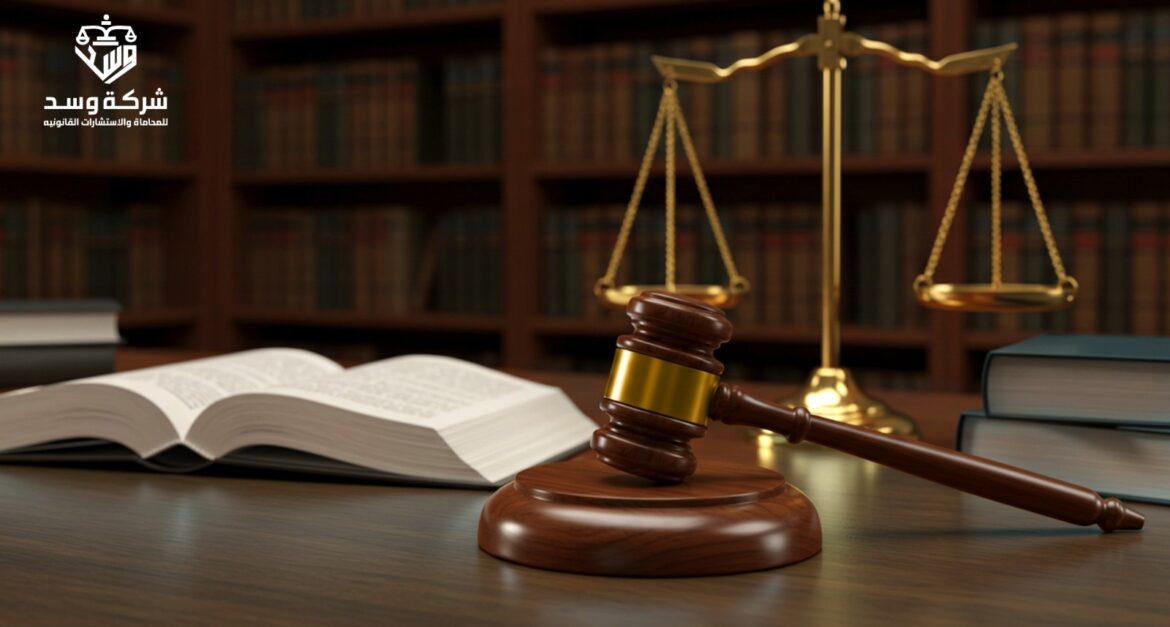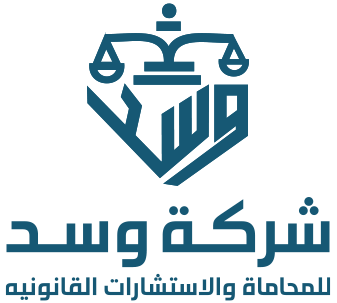
 10 April 2025
10 April 2025
The Saudi Legal System: Between Authenticity and Development
In the heart of the Arabian Peninsula, where the fragrance of history meets the waves of modernization, the Saudi legal system stands tall as a structure that blends authenticity with modernity. It is a system rooted in Islamic Sharia, which has illuminated the paths of justice for centuries. At the same time, it looks toward the future, drawing inspiration from global legal experiences to strike a balance between its established principles and the evolving demands of the era.
First: The Foundations of the Saudi Legal System
The Saudi legal system is not merely a reflection of other legal systems; it is a unique fabric where Islamic legal rulings intertwine with modern legislative efforts. It derives its essence from the Holy Quran and the Prophetic Sunnah, which form the overarching framework for legislation. No laws or regulations are issued unless they align with these sacred principles.
In contemporary matters, where transactions emerge that had no precedent in past eras, the state has adopted modern regulations governing commerce, labor, investment, and other areas. These regulations draw from global legal systems while remaining consistent with Saudi Arabia’s distinctive Islamic identity. Thus, the legal system takes on a unique character—one that does not detach from its heritage but also does not isolate itself from the world.
Second: The Position of the Saudi Legal System Among Global Legal Systems
In the legal world, countries generally follow three main legal traditions, The Civil Law System (Latin System): Relies on codified laws and written regulations. The Common Law System (Anglo-Saxon System): Relies on judicial precedents and case law. The Islamic Legal System: Derives its laws from Islamic Sharia. Saudi Arabia primarily follows the Islamic legal system but remains open to modern legal developments.
- From the Civil Law System, Saudi Arabia has adopted certain laws, such as the Companies Law and the Labor Law, where the regulations governing business and labor relations resemble those in France and Germany.
- From the Common Law System, Saudi Arabia has incorporated litigation and evidence procedures, as seen in the new Evidence Law, which recognizes digital documents and electronic recordings as admissible evidence, similar to practices in the United Kingdom and the United States.
Thus, the Saudi legal system is not an imitation of any other but rather a solid bridge between the deep-rooted legacy of Islamic Sharia and the evolving needs of modern legal life.
Third: Practical Examples of the Legal Balance in Saudi Arabia
- Personal Status Law: The Authenticity of Sharia at Its Finest
In family matters, Saudi Arabia remains faithful to its Islamic approach. The Personal Status Law governs marriage, divorce, and inheritance according to Sharia provisions. For example, Article 9 of the law sets marriage conditions to ensure justice between parties while providing legal protection for women and children.
- Companies Law: A Civil Law with an Islamic Spirit
In the business world, the Saudi Companies Law closely resembles civil law systems in France and Germany, with clear guidelines on company formation and management. However, it strictly prohibits practices that contradict Sharia, such as interest-based financial transactions (riba).
- Evidence Law: A Common Law Touch in Judicial Procedures
In courtrooms, the judicial system has seen remarkable advancements, incorporating procedures inspired by the Common Law System, such as accepting digital evidence and electronic correspondence, which facilitates the discovery of truth and accelerates litigation.
- Anti-Money Laundering Law: Compliance with International Standards
In the era of globalization, where economic laws are interconnected, Saudi Arabia has established an Anti-Money Laundering Law that aligns with international standards, benefiting from British and American legal experiences while ensuring compliance with Sharia principles that prohibit unethical financial transactions.
Fourth: The Future of the Saudi Legal System – Between Vision and Modernization
With the launch of Saudi Vision 2030, the Saudi legal system is undergoing extensive development, with laws being updated to enhance transparency, support investment, and streamline judicial processes, all while preserving its Islamic essence.
- New Legal Frameworks: Introduction of laws such as the Civil Transactions Law, aimed at regulating civil contracts and daily transactions with clear legal provisions.
- Judiciary Digitalization: Transitioning to an electronic court system, where cases are managed digitally to reduce bureaucracy and speed up legal proceedings.
- Enhancing Individual Rights: Implementing laws that protect workers’ rights, ensure equal opportunities, and safeguard rights without discrimination, all within the framework of Islamic Sharia.
Conclusion:
The Saudi legal system is more than just a collection of laws—it is an identity deeply rooted in Islamic Sharia while breathing in the spirit of modernity. It evolves without compromising its core values and keeps pace with global advancements without losing its authenticity. Just as the Arabian Peninsula was once a beacon of jurisprudence and justice, Saudi Arabia today is advancing steadily toward a more mature legal future, illuminated by Sharia rulings and expanding in ways that ensure justice and fairness for all who live on its land.
For expert legal guidance, reach out to WASD Law Firm today. Our team is ready to assist with all your legal needs, from corporate compliance to dispute resolution.



